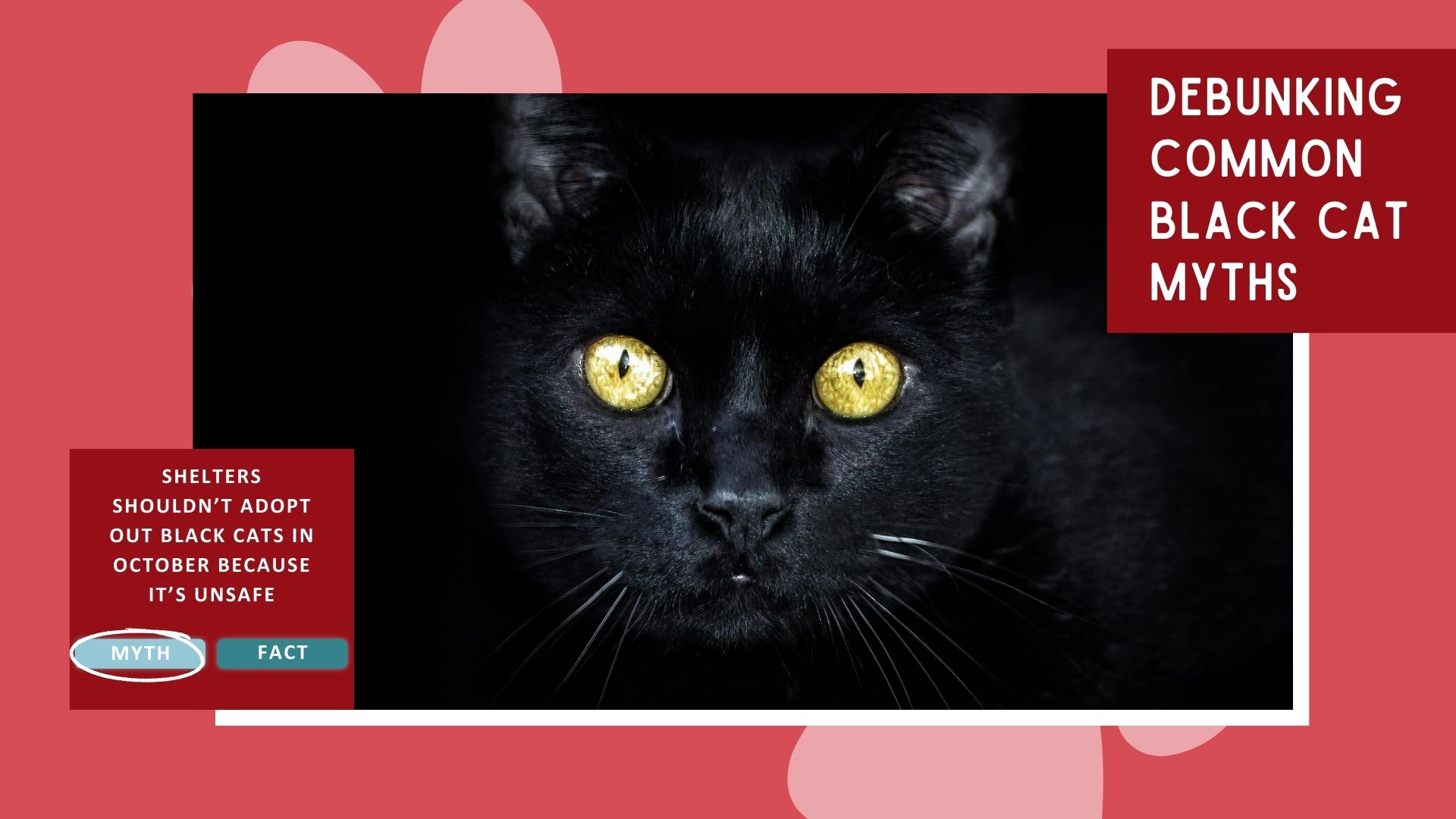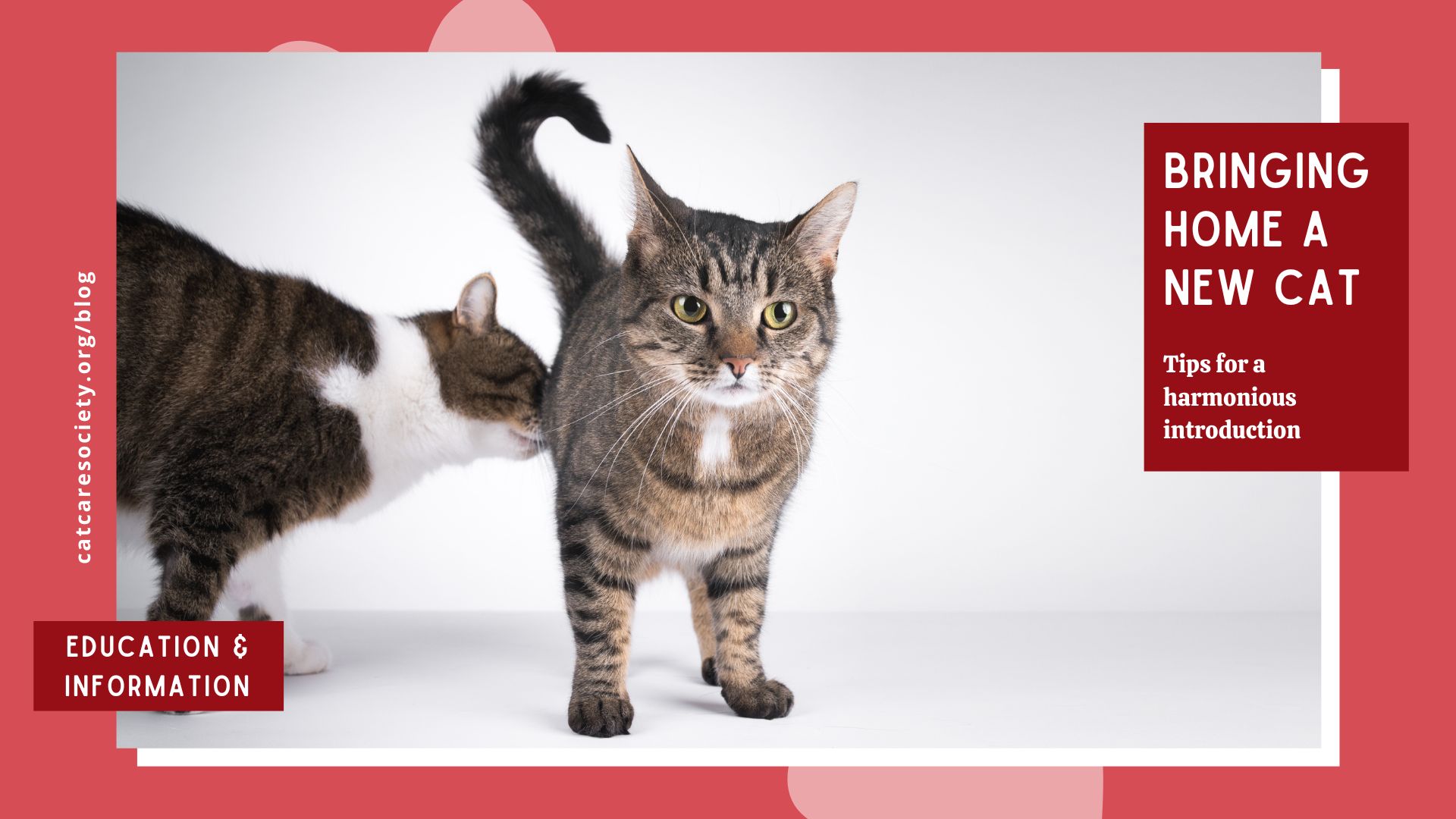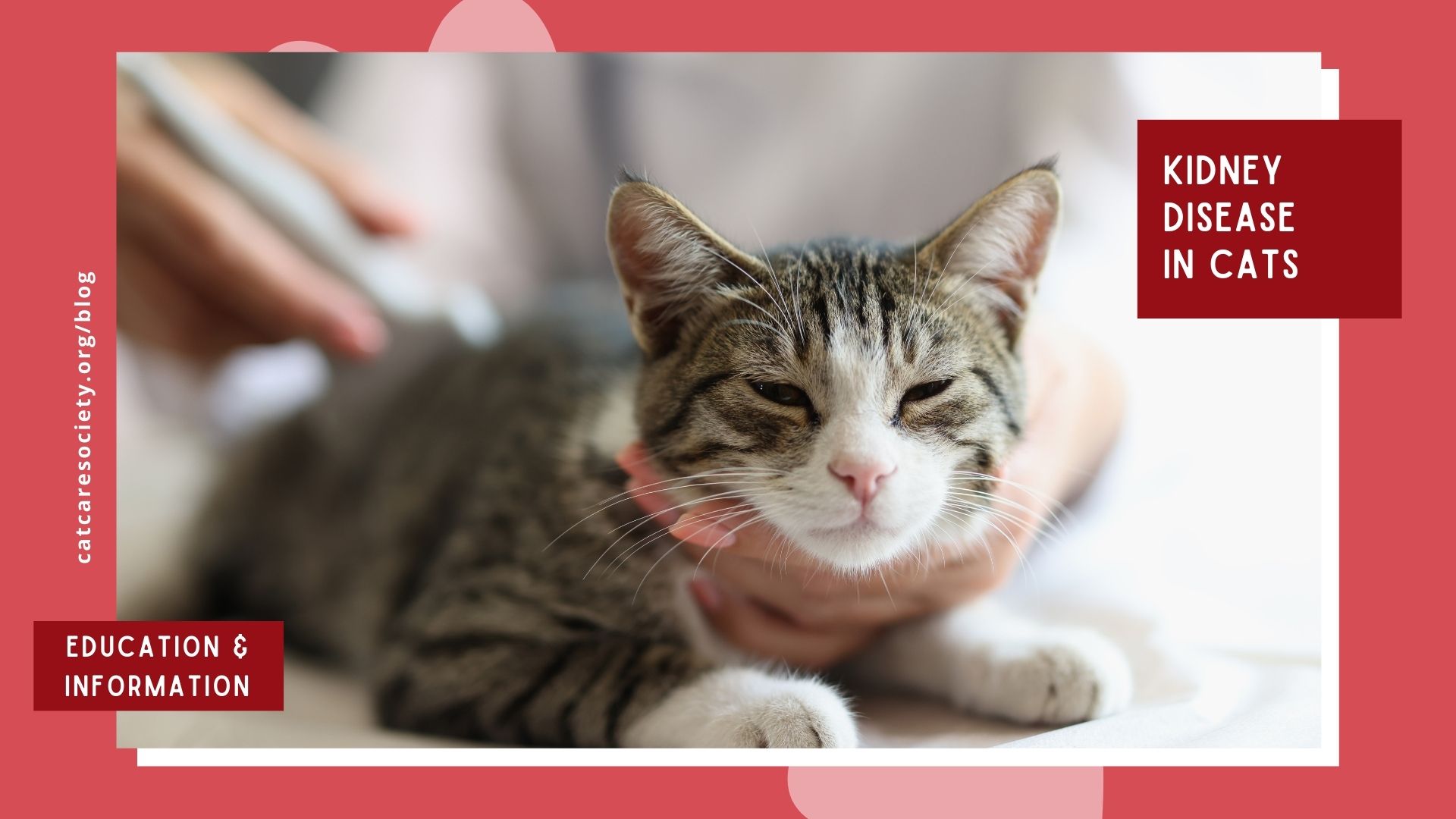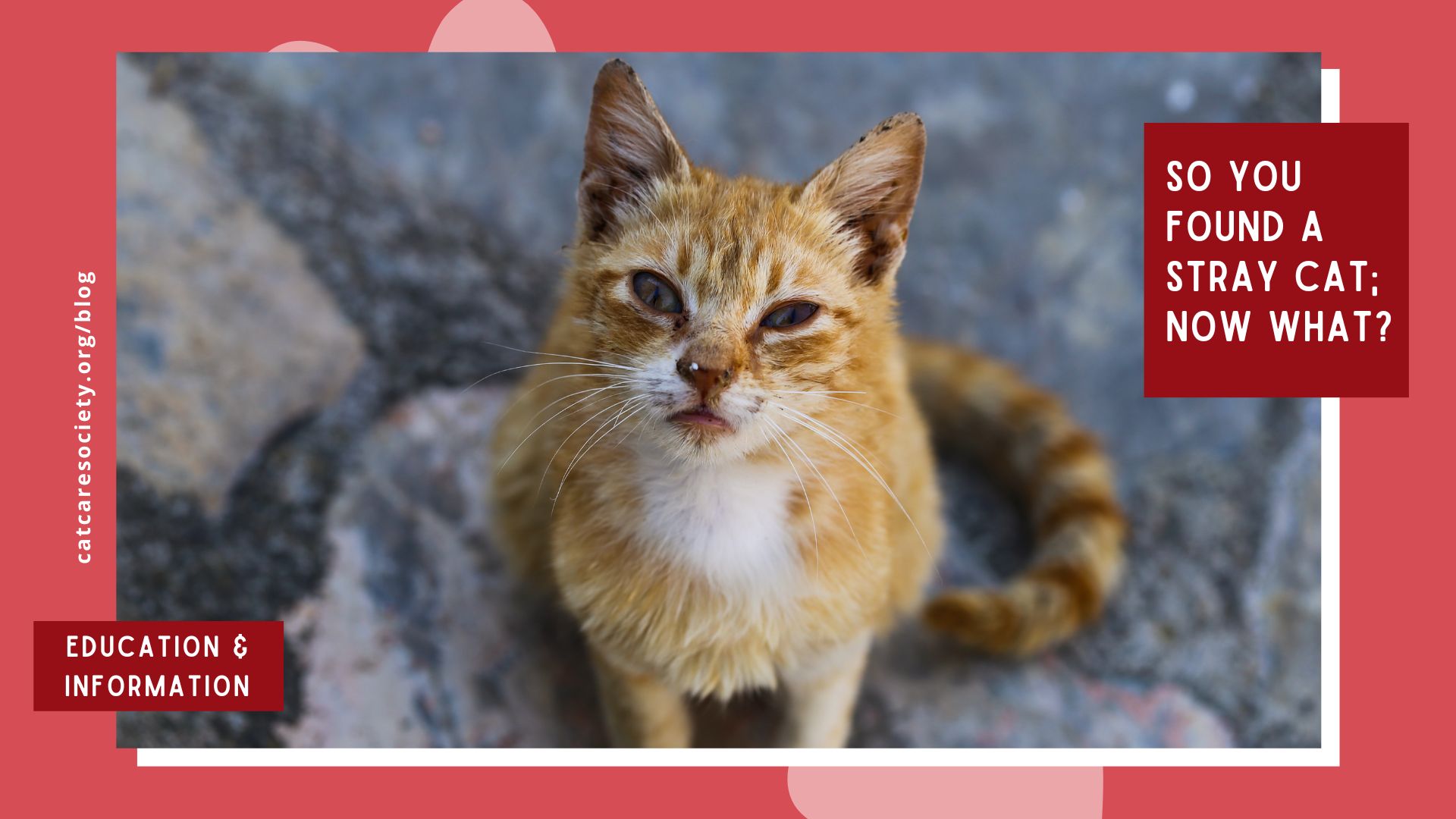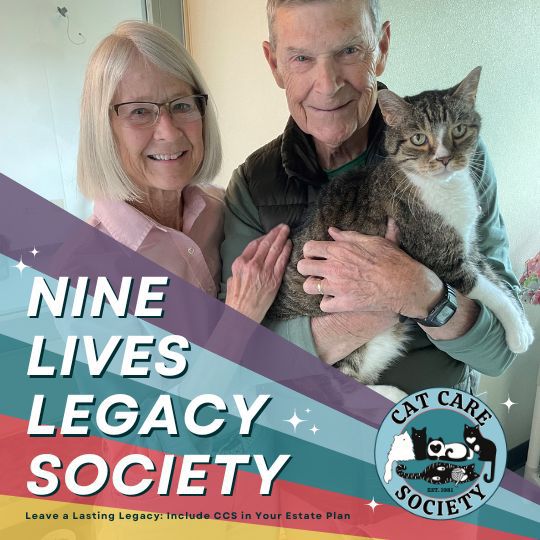It’s time to call in the Mythbusters, because we’re here to debunk many common misconceptions about the largely misunderstood black cat.
Despite the vast array of colors and patterns in house cats, actually, cats are born with only two colors — black and/or red. All other coat types are variations of the two — even white cats! Other genes change the appearance of a cat’s fur patterns and coloration. But genetically, cats are either red, black or a combination of the two. The gene that causes black hair in cats is a result of high levels of melanin.
According to recent data, there are more black cats than any other color because of this “black” gene. And scientists say that the genetic mutation that causes a cat’s fur to be black also could protect them from certain diseases. Neat!
Over the centuries these dark, handsome felines have endured the stigma of cultural and historical myths, superstitions and tales. The sad story is that many black cats do not fare as well in shelters as their other-colored counterparts, and the black cat bias still persists to this day.
Not-True Facts About Black Cats
Myth 1: Black Cats Adopted Around Halloween Will Be Abused
Throughout the month of October, you may see shelters having adoption specials on black animals and black cats in particular. Some well-meaning folks may fear they will be used for bait, sacrificial purposes or other forms of mistreatment. However, research has shown that ceasing the adoption of black cats during this time actually does more harm than good. It increases their time spent in the shelter, and they miss out on opportunities to find homes with loving families. Our goal is to challenge this stigma by facing it head-on while providing the community with the correct information and resources.
To shed light on this misconception, check out some of these articles and statistics from credited sources:
- Best Friends Animal Society: Myth Buster: Adopting Black Cats at Halloween
- ASPCA: Mything the Point (paid access is required to read this page, sorry!)
- Alley Cat Allies: How We Can REALLY Protect Black Cats on Halloween and Every Day
- UF Shelter Medicine Program: Don’t get spooked by Halloween pet adoption promotions
- Healthy Paws: Fact Check: Are Black Cats Really in Danger Around Halloween?
- Berkeley Humane: Black Cats Are Not Spooky – October Is The Best Time To Adopt Them!
Myth 2: Black Cats Bring Bad Luck
Black cats definitely no longer symbolize bad luck, associations with witchcraft or evil. One of the original stories allegedly goes that a black cat was seen running into a house thought to be inhabited by a witch during the Middle Ages, when they then became equated with black magic. Roaming nocturnal black cats were thought to be witches in disguise, witches’ pets or animal-shaped demons sent by witches to spy on humans.
Since then, black cats have evolved into icons of anything related to witchcraft, especially during the Halloween season. It’s said to be bad luck if a black cat crosses your path.
But did you know that black cats are also believed to bring good luck, too? In ancient Egypt, black cats were held in the highest esteem because they resembled Bastet, the cat-headed Egyptian goddess of home, fertility and protection from disease. They are considered good luck in other parts of the globe as well. And in the parts of the U.K., a gift of a black cat symbolizes luck in marriage.
Myth 3: Black Cats Aren’t Good Housecats
Not every black cat who crosses your path will hiss and puff at you. Black cats can be seen as less friendly, less playful and more aggressive. People feel they cannot read the emotions of black cats as well as other cats and therefore think they are less approachable.
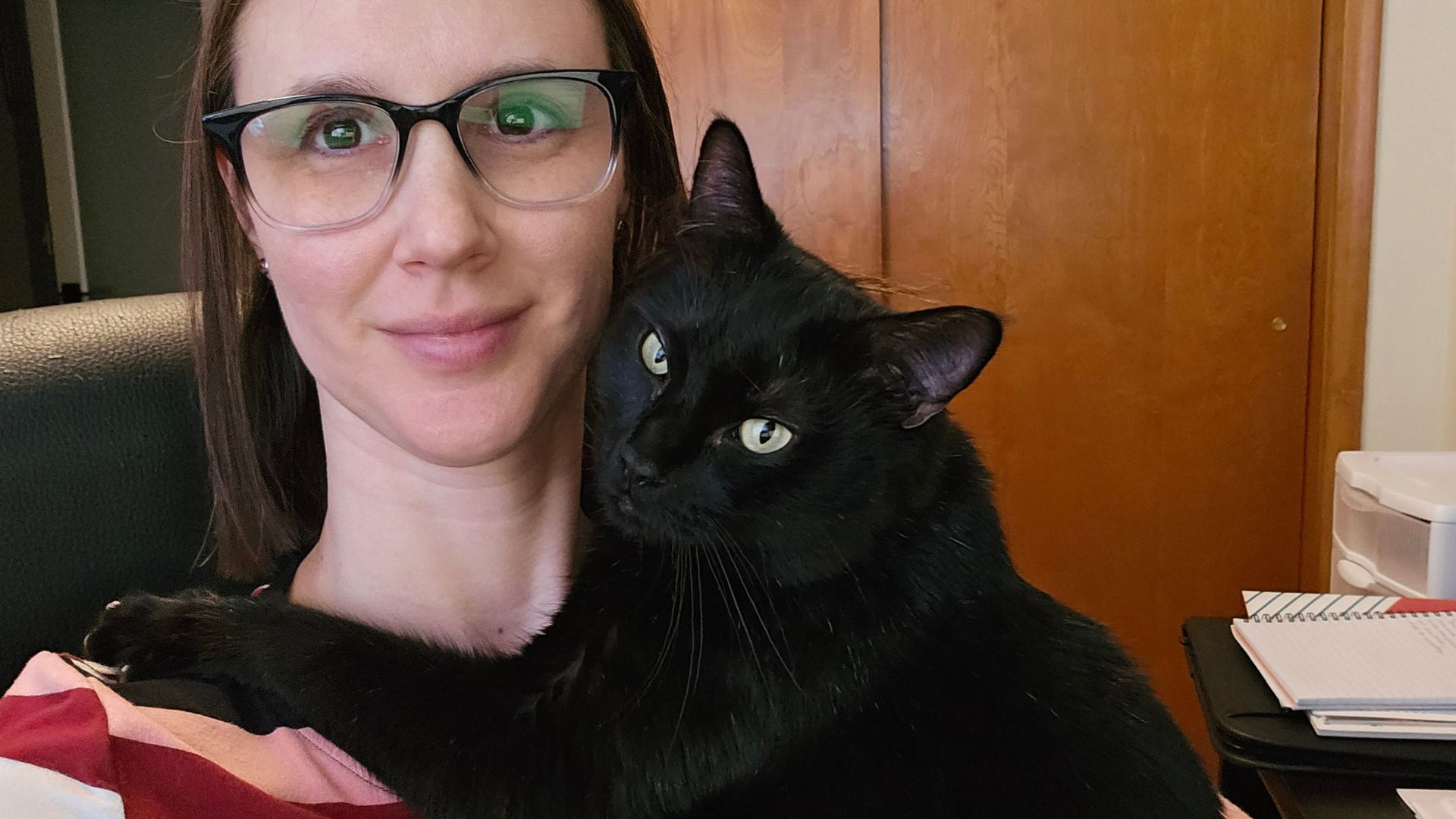
In fact, most black cats are known to be loyal, sensitive, caring companions. Black cat owners often lovingly refer to their dark-haired feline friends as house panthers or “voids.”
Cat Care Society’s board member Kathy writes about her love and appreciation for black cats in our other recent blog post, “Celebrate the Black Cats.”
Myth 4: Black Cats Don’t Photograph Well
Sure, our black-furred friends may be a little harder to capture their beauty in photos, but it is certainly not impossible. From getting the right lighting, using smart backdrops, posing your cats and using your phone’s exposure settings, there are plenty of tips to make your black cats look ameowzing in pictures. Get a list of our tips in our blog post here!
The Bottom Line on Black Cats
All cats, no matter the color of their fur, need forever families to love and cherish them. At the end of the day, the best reason to adopt a black cat is that they are just like every other cat. Some are sweet, some are sassy. Some are lap cats, some like to sit and watch the action. Each will have its own unique personality and temperament. Just like every other cat, black cats deserve a chance to be cared for and loved.
We hope you celebrate black cats every day of the year, but be sure to mark your calendars for Black Cat Appreciation Day on August 17, National Black Cat Day on October 27, and Black Cat Appreciation Month all October.
Are you ready to give a black cat a chance? If so, please browse our current adoptable cats — and watch for our October adoption specials!

